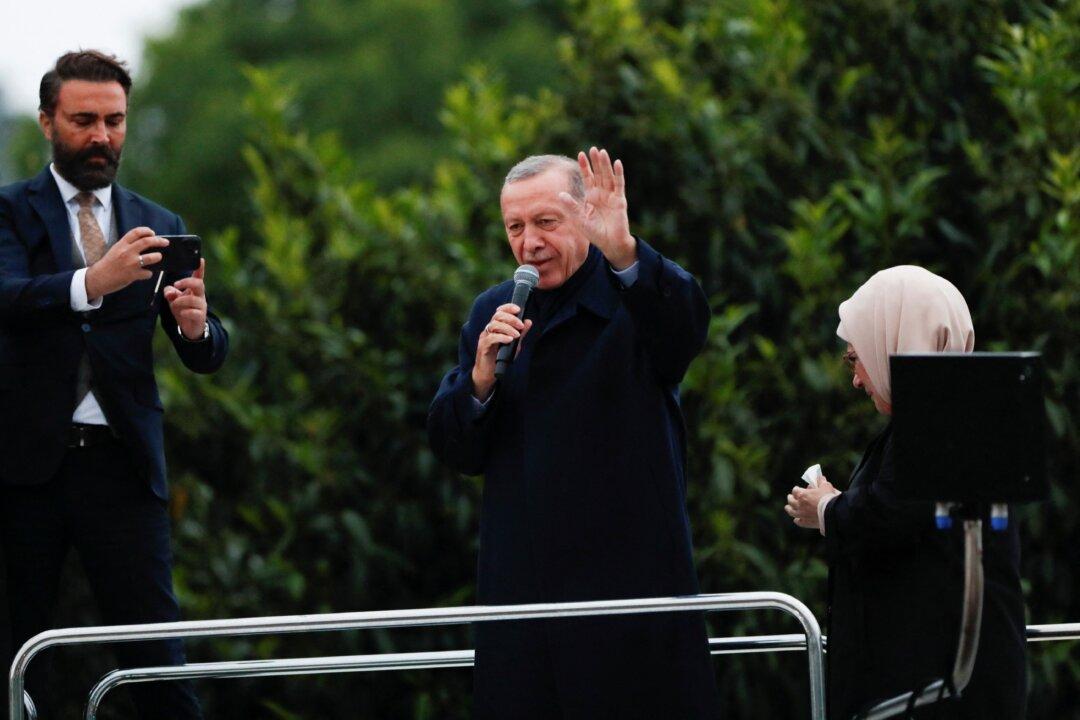President Recep Tayyip Erdogan, head of Turkey’s Justice and Development Party (AKP), secured another five years in office in a tight runoff election on May 28.
Erdogan captured about 52 percent of the vote, while Kemal Kilicdaroglu, leader of the People’s Republican Party (CHP), garnered roughly 48 percent, according to Turkey’s official election commission.





